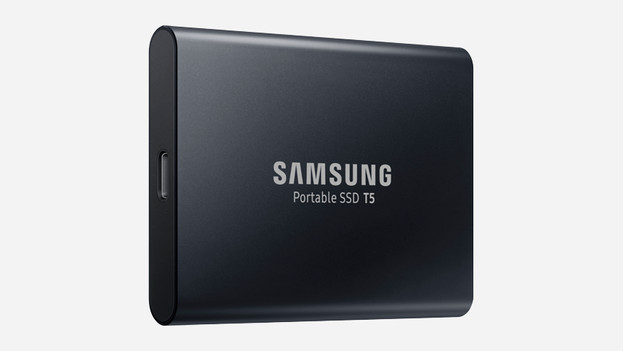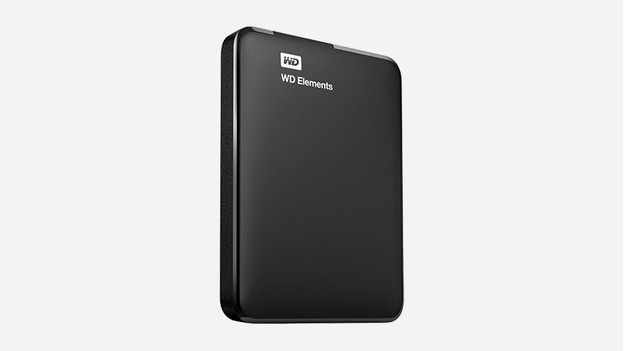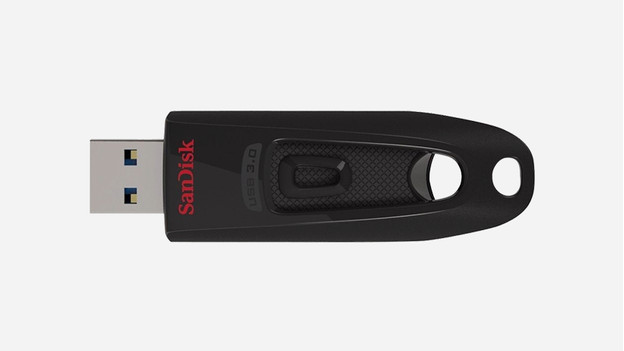
Compare external SSD to hard drive and USB flash drive
Which storage product is suitable for me?
| External SSD | External hard drive | USB flash drive | |
|---|---|---|---|
| Do you just want to save a few files? | No | No | Yes |
| Is speed the most important for you? | Yes | No | No |
| Do you want the product to be silent in use? | Yes | No | Yes |
| Do you want the product to be able to take a beating? | Yes | No | Yes |
| Do you want to store a lot of large files? | Yes | Yes | No |
| Do you want a lot of storage space for your money? | No | Yes | Yes |
What's the difference between the storage products?
When choosing a USB flash drive, hard drive, or external SSD, it's important to know how you want to connect the product. For example, if your laptop has a USB-C port, choose a product with a USB-C connector. You should also consider how much storage capacity you need. For example, 1TB equals 1024GB and can be filled with about 300 HD movies or 7500 photos in high quality.
External SSD

-
Storage capacity: 120 GB - 4TB
-
Connection: USB 3.0, USB 3.1, USB-C, and Thunderbolt
-
Up to 25 times faster than an external hard drive.
-
Shockproof, contains no rotating parts.
-
More compact and lighter than an external hard drive.
External hard drive

-
Storage capacity: 500GB - 20TB
-
Connection: USB 2.0, USB 3.0, USB 3.1, USB-C, Thunderbolt, eSATA, or FireWire
-
Available with a storage capacity of up to 20TB.
-
Not always shockproof due to rotating parts.
-
Larger and heavier than a USB flash drive and external SSD.
USB flash drive

-
Storage capacity: 8GB - 256GB
-
Connector: USB 2.0, USB 3.0, USB 3.1, USB-C, Thunderbolt, or micro USB
-
Very compact and easy to carry.
-
Convenient for on your keychain.
-
Maximum storage capacity of 256GB.


